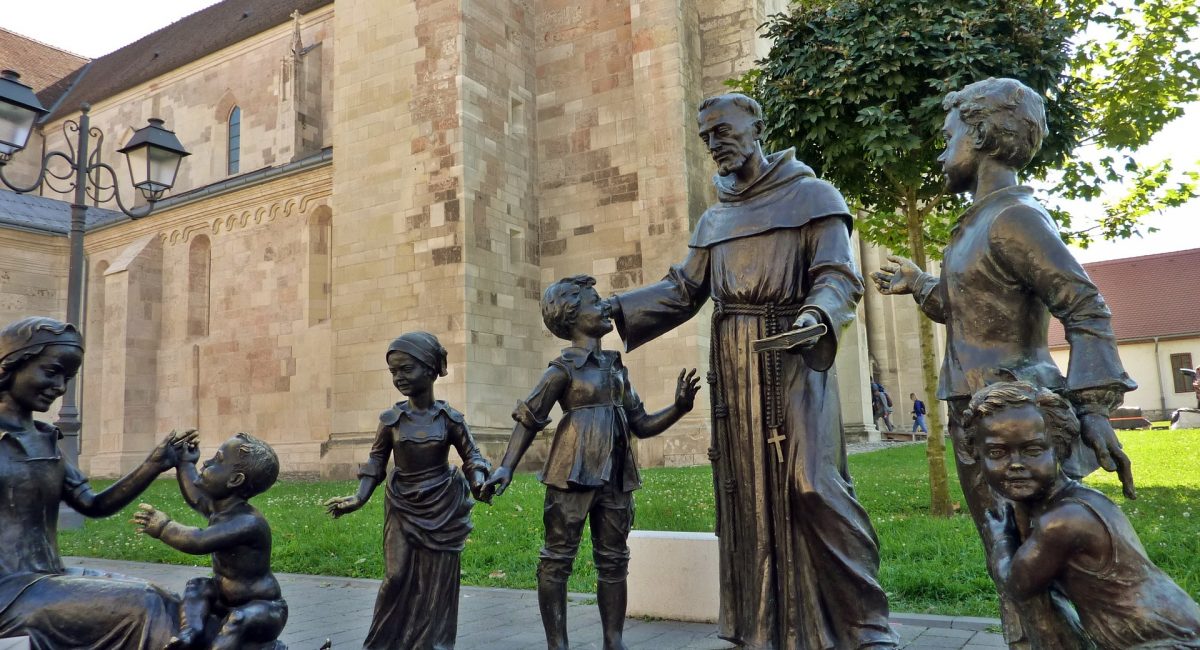Reflection for the Fourth Sunday of Easter. Year B. 2018
– By Fr Ugo Ikwuka
Archway, London
Who are the happiest people in Britain? The celebrities or the millionaires?
Well, a recent government survey asked people in a wide range of jobs and with very different salaries how happy they were. Second in the list on an average salary of over £120,000 were the chief executives.
But guess who was on top of the list, earning just 17% of what the chief executives earn – the clergy!
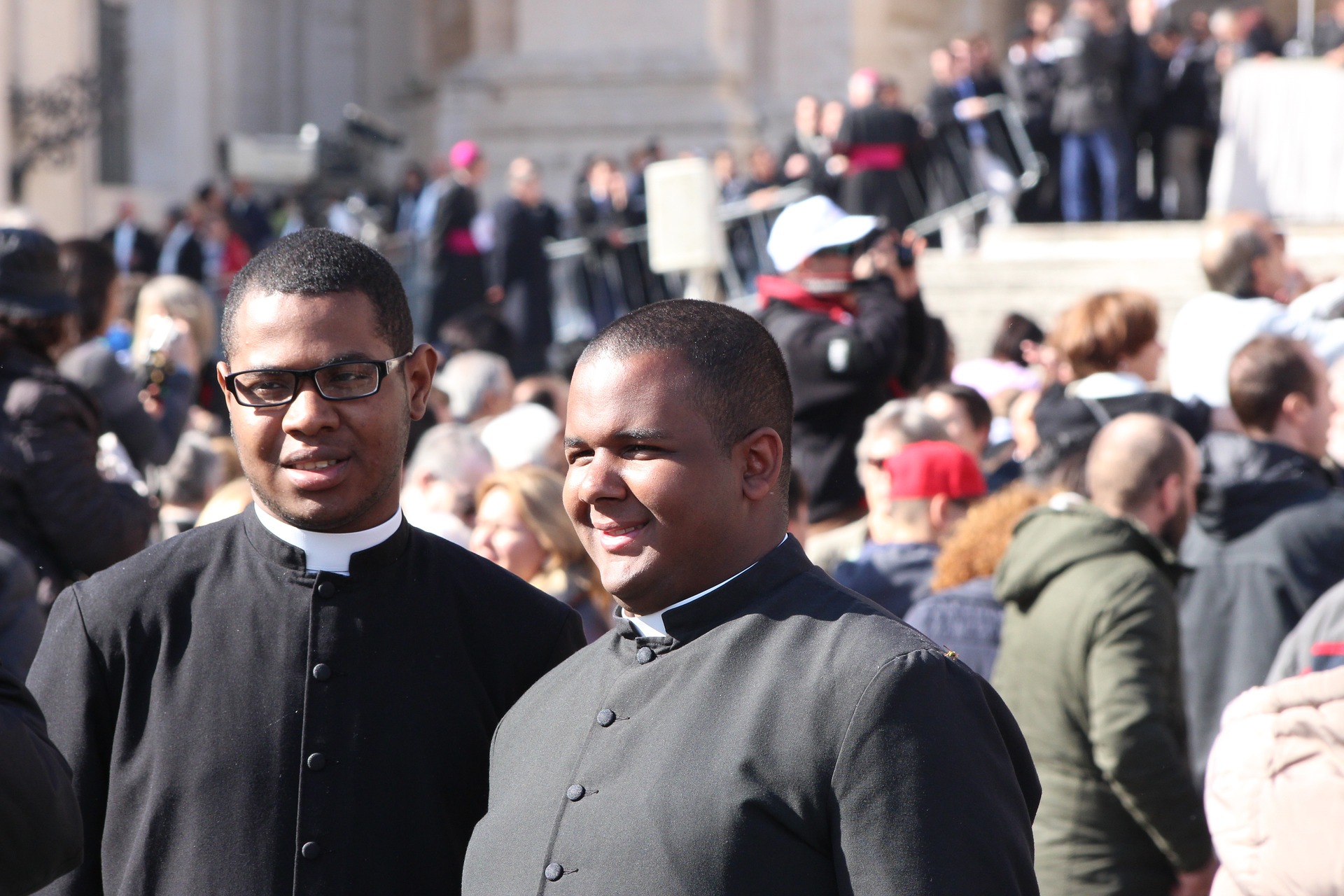
Yes, priests are the happiest group in the country. Yet, not long ago, I was asking a boy if he would like to become a priest and the mother cut in and said ‘No father, I want him to be happy’. Don’t I look happy?
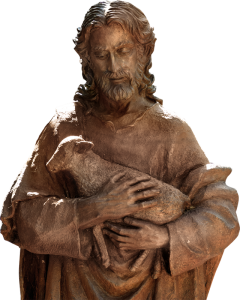
This Sunday (4th Sunday of Easter) is designated as Good Shepherd Sunday and we are invited to reflect on the meaning of God’s call and to pray for vocations to the various ministries in the Church.
Just as there is crisis of shortage of priests today especially in Europe, and crisis of scammers disguising as religious ministers in the developing world, there was a different kind of crisis with priesthood in the Old Testament.
The priesthood at the time lost the efficacy to mediate between God and the people. For instance, the priests became self-absorbed; they became more concerned about their outward purity (holiness) that they started distancing themselves from the very people they ought to reconcile with God lest they be contaminated.
They would not get near people considered unclean e.g. public sinners, those suffering communicable diseases such as leprosy and even women at certain periods. That was actually the reason why the priest in the story of the Good Samaritan had to cross to the other side of the road when he saw the man that was beaten up by robbers who was lying in the pool of his own blood.
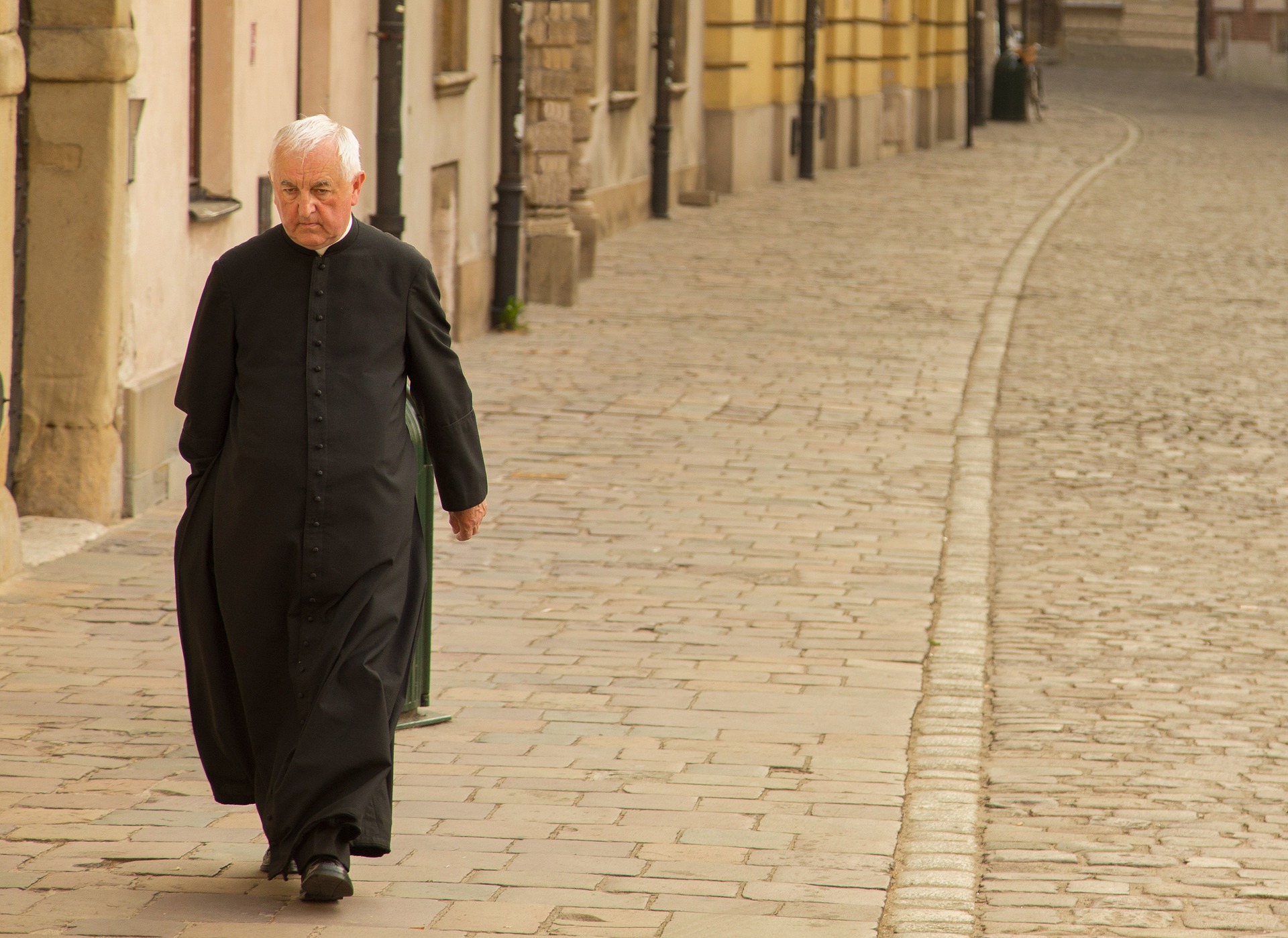
The priest walked away, not because he was heartless, but because he believed that such a mess would contaminate him.
Furthermore, the role of the priest degenerated over time and became narrowed down to routine ritual of offering of animal sacrifices in the Temple to atone for people’s sins which did not lead to the change of heart in people that God desired.
Seeing these shortcomings, God promised through the prophet Ezekiel that He Himself was going to be the shepherd of his people (Ezek 34:15-16). God furthermore swore an oath to establish a new priesthood (Ps. 110:4).
These promises were fulfilled in Jesus who called himself the Good Shepherd in this Sunday’s Gospel. He further details in John 10:10 that he has come that his flock may have life, and have it to the full.
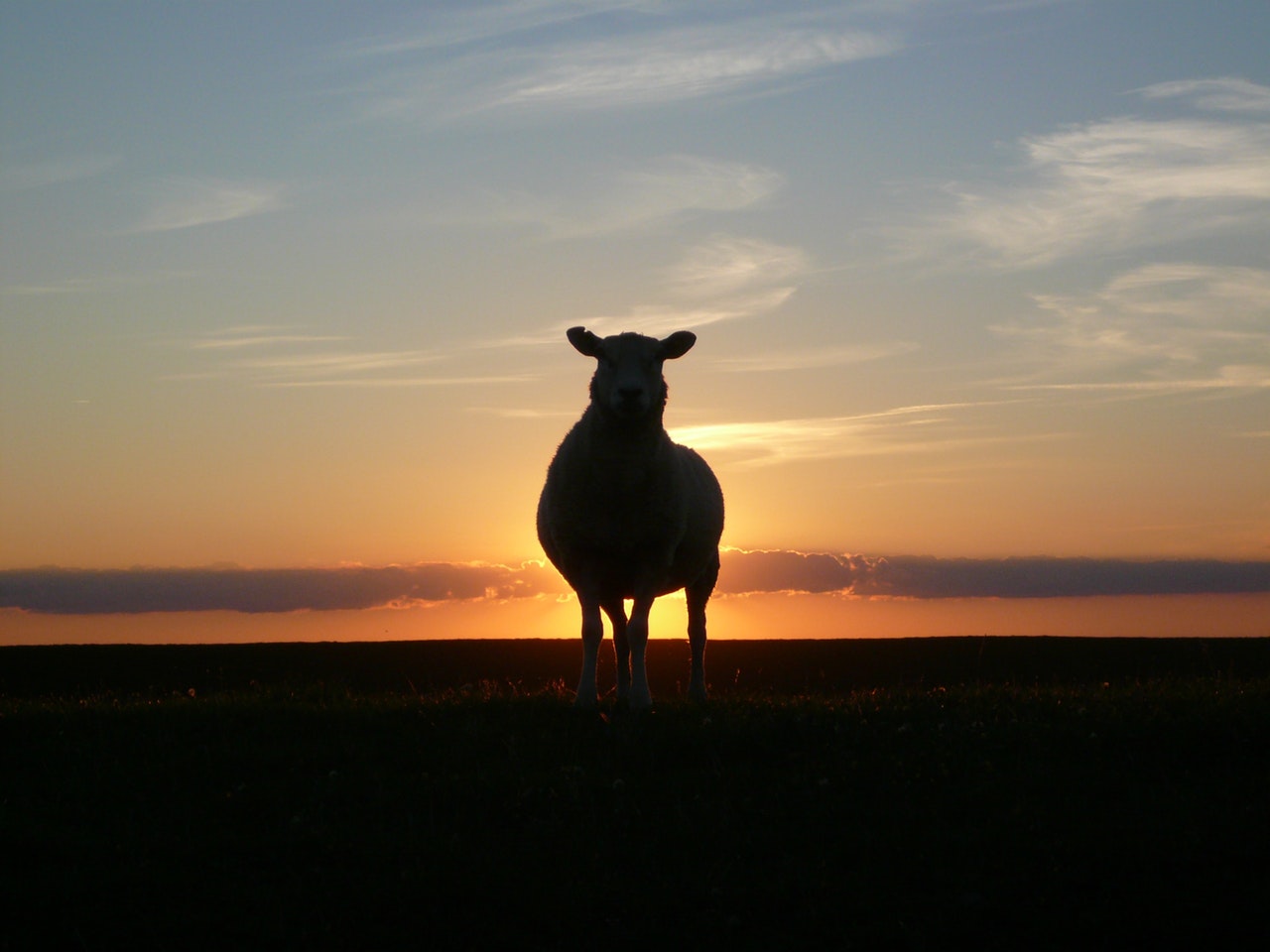
At the time, there were two kinds of shepherds. There was the hired shepherd who keeps the sheep as the available job. He moved from flock to flock depending on the conditions of service and he would not risk his life for the flock. When wolves or thieves come, he would flee for his dear life and abandon the flock to the mercy of the invaders.
On the other hand, there was the shepherd who owns the flock; he grows up with the flock and stays with the same flock all his life.
He knows each and every sheep in the flock individually.
He calls each one by name and could tell the personal story of each sheep.
He attends to their individual needs.
He knows which ones are likely to lag behind after a long walk and he would carry them in his arms.
He knows which ones were likely to stray from the flock and he would keep an eye on them.
He knows which ones are pregnant and need special care.
When attacked by wolves or thieves he would risk his life and fight to defend his flock.
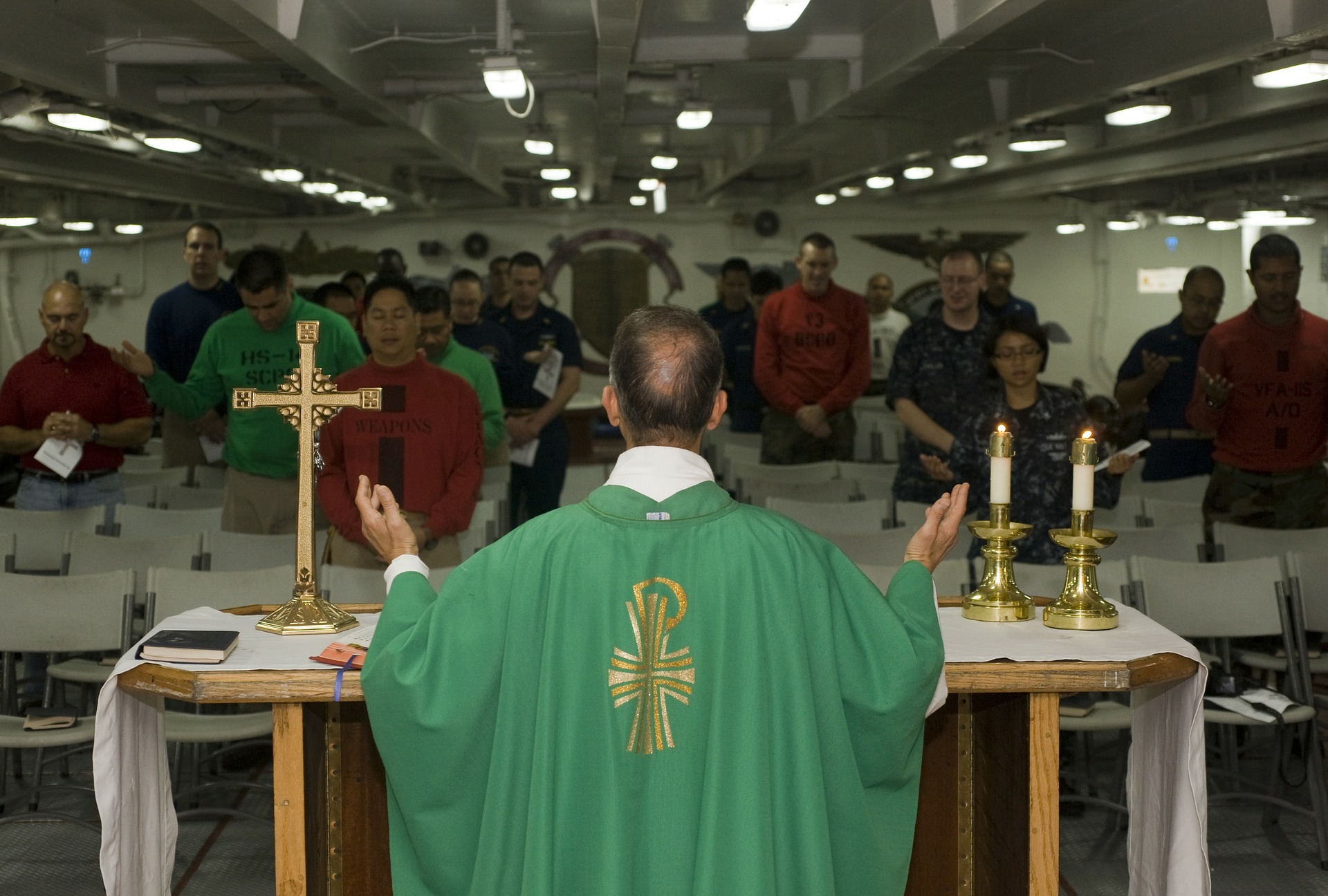
This shepherd lives with the smell of the sheep as Pope Francis once prayed of priests. This is the Good Shepherd which Jesus models and which the leaders of God’s people are called to be.
Hired or ‘career’ shepherds who are more interested in their own comfort than in the good of their flock are all over the place today.
In Africa, and elsewhere, many own fleets of private jets acquired at the expense of a materially and spiritually famished flock. Yet, it will be mistaken to narrow the term “vocation” only to those who feel called to ministry in the church.
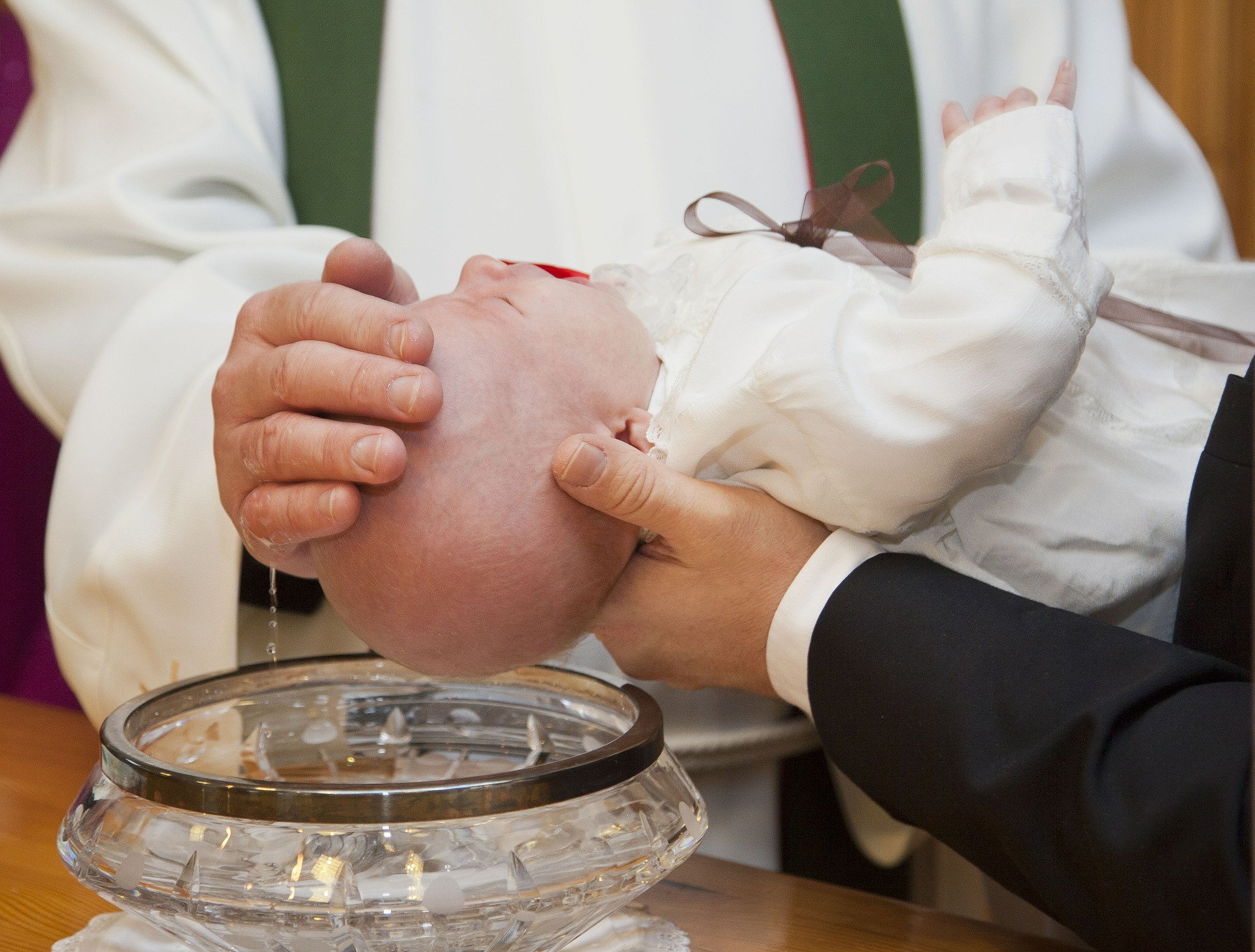
Every baptised person has a vocation. Everyone is called by God to play a specific role in the Christian community and in the wider society.
Unfortunately, most people decide first on their ‘career’ before asking how they can be a good Christian (if they ever ask).
It is absolutely basic for us to ask ourselves at all times:
- “What does God want me to be?
- What are my particular gifts?
- How can I offer these gifts in service to the wider community and to my own Christian community?”
If I live my life as a morally good person, keeping the Commandments, saying my prayers and fulfilling my religious obligations but do not play an active and constructive part in my community, I am not really a Christian in the proper sense.
There is therefore the danger that although many will fervently pray for vocations as we are called to do today, they are praying for other people’s vocations and not their own.
To say this prayer with sincerity involves reflecting on how God is asking me to make a meaningful contribution of myself (not just my money) to the building up of my Christian community.



